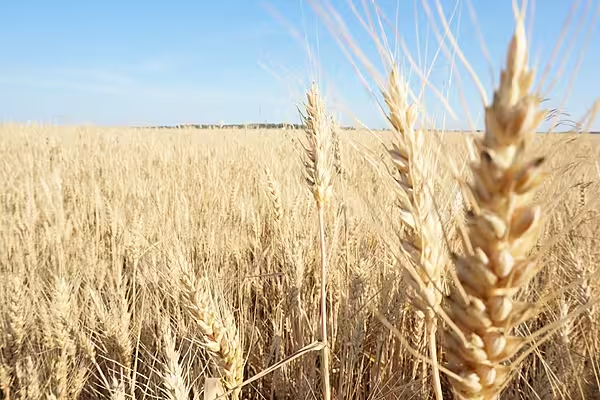The European Union must allow Ukrainian food producers access to EU markets long term, rather than just extending measures year by year, leaving them at the mercy of political pressures, a senior Ukrainian official said.
Ukraine wants to permanently remove tariffs and quotas on EU agricultural imports by updating its trade deal with the EU, or at least extend the current suspension for three years, Markiyan Dmytrasevych, deputy minister for agrarian policy and food, said.
"We need something more convenient for planning," he told Reuters in an interview during a trip to Brussels. "A lot of resources go into these talks every year. Then we have new demands, new protests in the EU and its member states."
Ukrainian food exporters have faced a wave of protests, including blockades of border crossings, from EU farmers in recent months, with many angry over what they say is unfair competition from cheaper Ukrainian imports.
Import Duties And Quotas
The European Commission has proposed import duties and quotas on Ukrainian farm produce - originally suspended in 2022 after Russia's invasion, which hit shipments via the Black Sea - be lifted for another year to June 2025.
The proposal introduces an 'emergency brake' for poultry, eggs and sugar, allowing tariffs if imports exceed the average levels of 2022 and 2023.
A majority of EU governments backed the proposal, but the situation among lawmakers is unclear. A parliamentary committee is set to vote on the proposal on Thursday (7 March), but with a number of possible amendments.
They include extending the list of emergency brake products and adding as a reference year 2021, before Russia's invasion when Ukrainian exports to the EU were curbed by tariffs and quotas.
"That will not work for us," Dmytrasevych said.
He said Ukrainian farm produce was not harming EU markets. Ukrainian sugar imported into the EU made up less than 3% of consumption, he said, and prices in supermarkets were still above pre-war levels.
Indeed Romania had specifically asked for sugar imports, he said, while Hungary, with an effective import ban, had also needed Ukrainian sugar to balance prices.











